QuickBooks ® Importing Request for Payment File Invoicing
Importing FedNow Instant and Real-Time Payments Request for Payment File into QBO QuickBooks
Today Payments is an Authorized Developer of Intuit offering a highly robust app that supports both QuickBooks’ desktop and online customers, provide merchants with the tools they need so they can focus more time on their customers and businesses, and less time on data entry.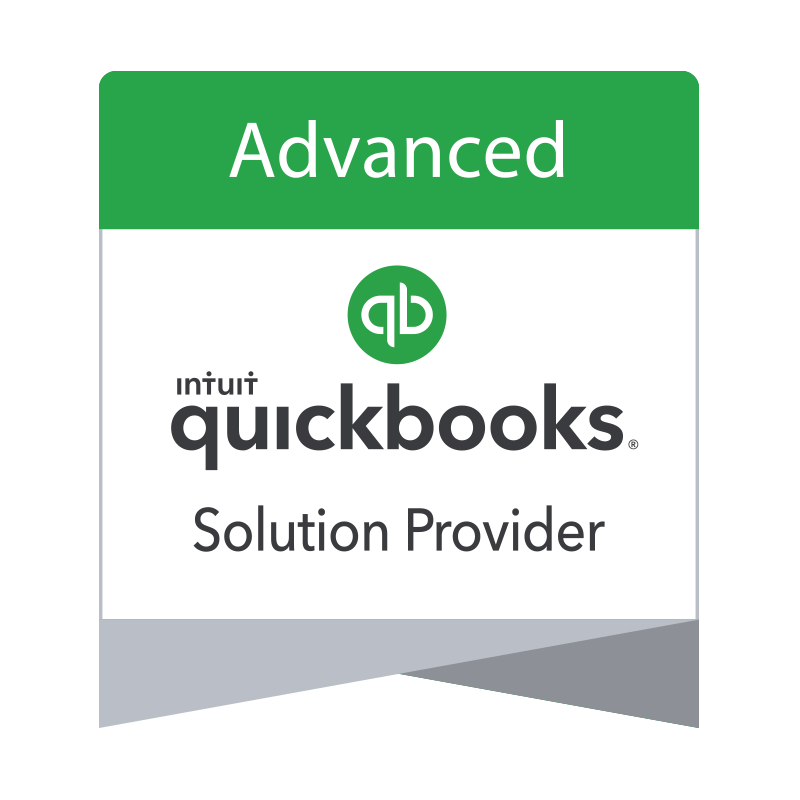
"Our Integrated payment solutions can save a typical small business owner more than 180 hours each year"
See
the features
QuickBooks® ACH, Cards, FedNow and Real-Time Payments
- Payment processing for all QuickBooks desktop, Pro, Premier, Enterprise and also QBO QuickBooks Online Our software is designed for simplicity and ease-of-use.
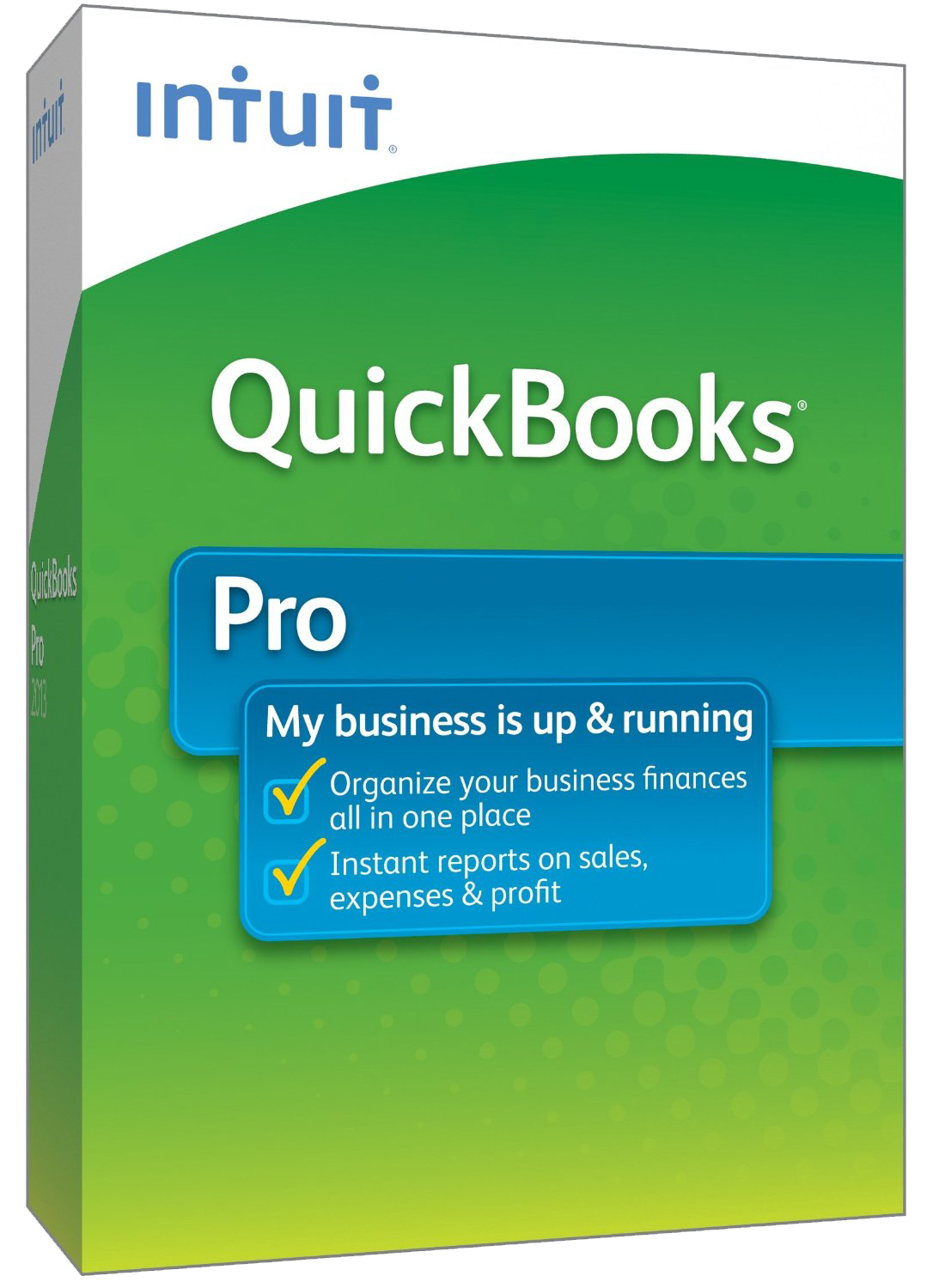
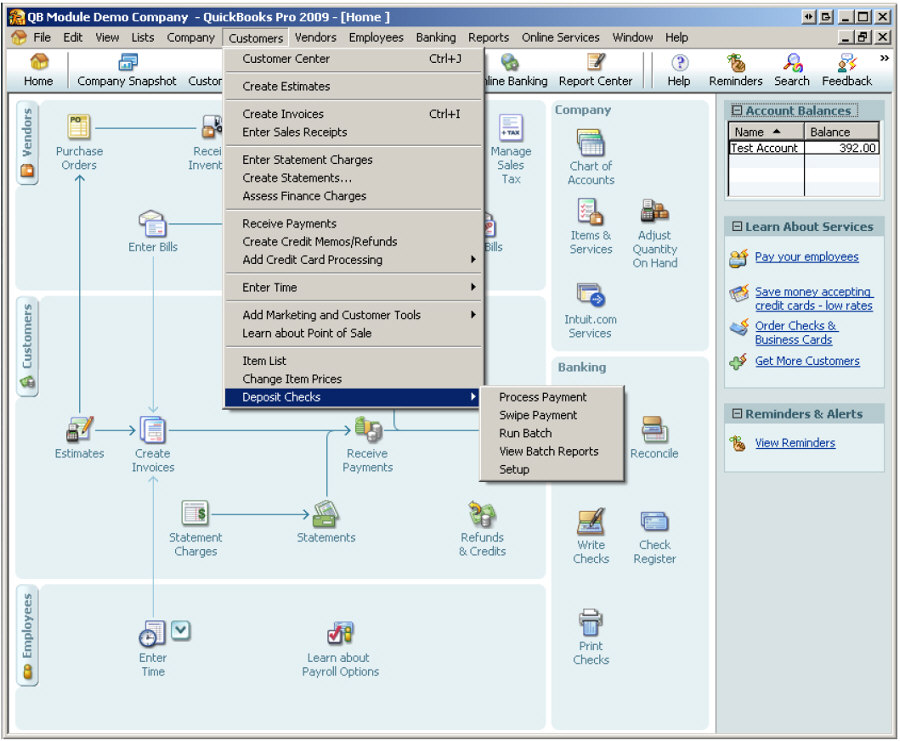
- ~ Automate Account Receivable Collection
- ~ Automate Account Payable Payments
- ~ One-time and Recurring Debits / Credits
Secure QB Plugin payment processing through QuickBooks ® specializes in the origination of moving money electronically.
Ask about our special:
Request for Payments
To import a QBO (QuickBooks Online) Request for Payment file into your financial system or QuickBooks, you will typically be working with a specific file format that QuickBooks supports, such as CSV, QBO, or IIF. Here’s a guide on how to do this step by step:
Steps to Import Request for Payment Files into QuickBooks Online (QBO)
1. Understand the File Format
- The file you are importing from https://RequestForPayment.com or similar services may be in CSV, QBO (Web Connect), or another format such as IIF.
- If the file is already in QBO format, it is specifically designed for QuickBooks and can be imported directly without much modification.
- If it is in CSV format, you might need to adjust the format to meet QuickBooks' import requirements.
2. Download the Request for Payment File
- Download the Request for Payment (RFP) file from the service or portal where it's provided (e.g., RequestForPayment.com).
- Make sure the file is in a compatible format. If it's not, you may need to convert it to QBO, CSV, or IIF.
3. Convert the File (If Needed)
If the file you downloaded is in CSV or another format, you can use conversion tools or manual methods to convert it to a QBO Web Connect or QuickBooks-compatible format.
If the file is in CSV format:
- Ensure the CSV file has the following columns
properly formatted:
- Date: Transaction date.
- Description: A short description of the transaction (e.g., payment request details).
- Amount: Payment amount.
- Payee: The name of the person or entity requesting the payment.
To Convert CSV to QBO: You can use third-party conversion tools like CSV2QBO or Transaction Pro Importer to convert a CSV file into QBO format if necessary.
4. Import the File into QuickBooks Online
For QBO (QuickBooks Web Connect) Format: If the file is already in QBO format, follow these steps:
- Log into your QuickBooks Online account.
- Navigate to the Banking or Transactions section in the left-hand menu.
- In the Banking screen, click on the Upload transactions button in the top-right corner.
- Click Browse to locate the QBO file on your computer, and then select Next.
- Select the appropriate bank or credit card account where the Request for Payment is associated.
- Follow the prompts to complete the upload and review the transactions.
For CSV File Imports: If you are working with a CSV file, you can import it directly as follows:
- Log into QuickBooks Online.
- Go to Banking (or Transactions) in the left-hand menu.
- In the top right corner, click Upload transactions.
- Select the CSV file and click Next.
- Map the columns in the CSV file to QuickBooks
fields:
- For example, map the "Transaction Date" column to the "Date" field in QuickBooks.
- After mapping, follow the prompts to upload the file.
For IIF File Imports: If the file is in IIF format (Intuit Interchange Format), QuickBooks Desktop supports this format directly, but QuickBooks Online requires a third-party tool for IIF file imports.
5. Review and Match Transactions
After uploading the file:
- Review the imported transactions and ensure they align with your records.
- In the For Review tab (under Banking or Transactions), you’ll see the imported transactions.
- Match them to existing transactions or add them as new transactions.
6. Reconcile and Approve the Transactions
Once the transactions have been reviewed, you can:
- Approve them for reconciliation.
- Ensure all the Request for Payment details are accurate.
- Mark them as complete in QuickBooks.
Important Considerations
- Mapping Data: Ensure that the fields in the imported file (such as dates, amounts, and descriptions) correctly match the fields required by QuickBooks.
- Multiple Accounts: If your Request for Payment involves multiple accounts (e.g., different customers or suppliers), make sure you specify the correct bank or customer accounts in QuickBooks during the import.
- File Validation: Ensure the file is properly formatted and free of errors before importing, especially if you're using CSV or IIF files, which may have stricter formatting requirements.
Tips for Success
- Test in a Sample Company: If you are new to importing files into QuickBooks, consider testing your file import in a sample or sandbox environment before going live in your production account.
- Third-Party Tools: If you find the conversion or import process complex, third-party tools like Transaction Pro Importer or CSV2QBO can simplify the process, especially if you're dealing with non-QBO file formats like CSV or IIF.
By following these steps, you should be able to import the Request for Payment file into QuickBooks or your bank's system for further processing.
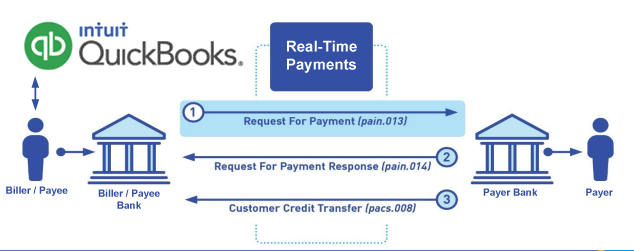
Call us, the .csv and or .xml Request for Payment (RfP) file you need while on your 1st phone call! We guarantee our reports work to your Bank and Credit Union. We were years ahead of competitors recognizing the benefits of RequestForPayment.com. We are not a Bank. Our function as a role as an "Accounting System" in Open Banking with Real-Time Payments to work with Billers to create the Request for Payment to upload the Biller's Bank online platform. U.S. Companies need help to learn the RfP message delivering their bank. Today Payments' ISO 20022 Payment Initiation (PAIN .013) show how to implement Create Real-Time Payments Request for Payment File up front delivering message from the Creditor (Payee) to it's bank. Most banks (FIs) will deliver the message Import and Batch files for their company depositors for both FedNow and Real-Time Payments (RtP). Once uploaded correctly, the Creditor's (Payee's) bank continuing through a "Payment Hub", will be the RtP Hub will be The Clearing House, with messaging to the Debtor's (Payer's) bank.
Our in-house QuickBooks payments experts are standing ready to help you make an informed decision to move your company's payment processing forward.
Pricing with our Request For Payment Professionals
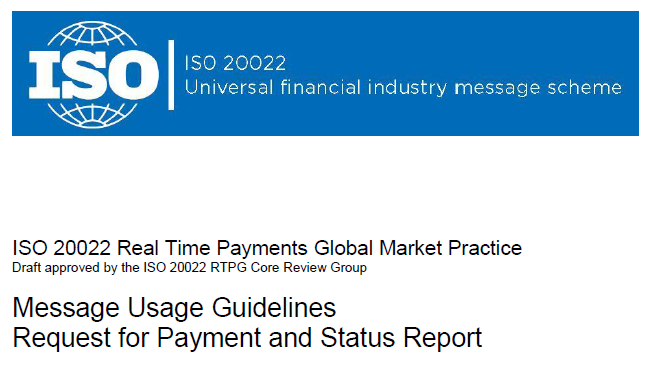
1) Free ISO 20022 Request for Payment File Formats, for FedNow and Real-Time Payments (The Clearing House) .pdf for you manually create "Mandatory" (Mandatory data for completed file) fields, start at page 4, with "yellow" highlighting. $0.0 + No Support
2) We create .csv or .xml formatting using your Bank or Credit Union. Create Multiple Templates. Payer/Customer Routing Transit and Deposit Account Number may be required to import with your bank. You can upload or "key data" into our software for File Creation of "Mandatory" general file.
Fees = $57 monthly, including Support Fees and Batch Fee, Monthly Fee, User Fee, Additional Payment Method on "Hosted Payment Page" (Request for file with an HTML link per transaction to "Hosted Payment Page" with ancillary payment methods of FedNow, RTP, ACH, Cards and many more!) + $.03 per Transaction + 1% percentage on gross dollar file,
3) Payer Routing Transit and Deposit Account Number is NOT required to import with your bank. We add your URI for each separate Payer transaction.
Fees Above 2) plus $29 monthly additional QuickBooks Online "QBO" formatting, and "Hosted Payment Page" and WYSIWYG
4) Above 3) plus Create "Total" (over 600 Mandatory, Conditional & Optional fields of all ISO 20022 Pain .013) Price on quote.
